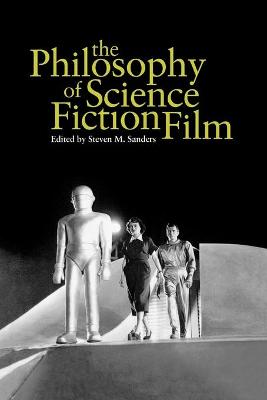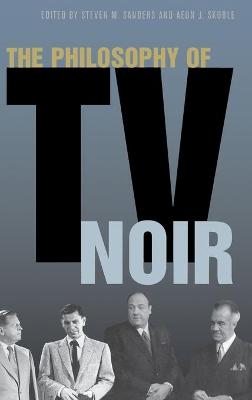The Philosophy of Popular Culture
2 total works
The science fiction genre maintains a remarkable hold on the imagination and enthusiasm of the filmgoing public, captivating large audiences worldwide and garnering ever-larger profits. The Philosophy of Science Fiction Film explores the storylines, conflicts, and themes of fifteen science fiction film classics, from Metropolis to The Matrix. Editor Steven M. Sanders and a group of outstanding scholars in philosophy, film studies, and other fields raise science fiction film criticism to a new level by penetrating the surface of the films to expose the underlying philosophical arguments, ethical perspectives, and metaphysical views.
The influence of classic film noir on the style and substance of television in the 1950s and 1960s has persisted to the present day. Its pervasiveness suggests the vitality of the noir depiction of human experience and the importance of TV for transmitting the legacy of film noir and producing new forms of noir. Noir television is also noteworthy for its capacity to raise philosophical questions about the nature of the human condition. Drawing from the fields of philosophy, media studies, and literature, the contributors to The Philosophy of TV Noir illuminate the best of noir television, including such shows as Dragnet, The Fugitive, Miami Vice, The X-Files, CSI, and 24.

